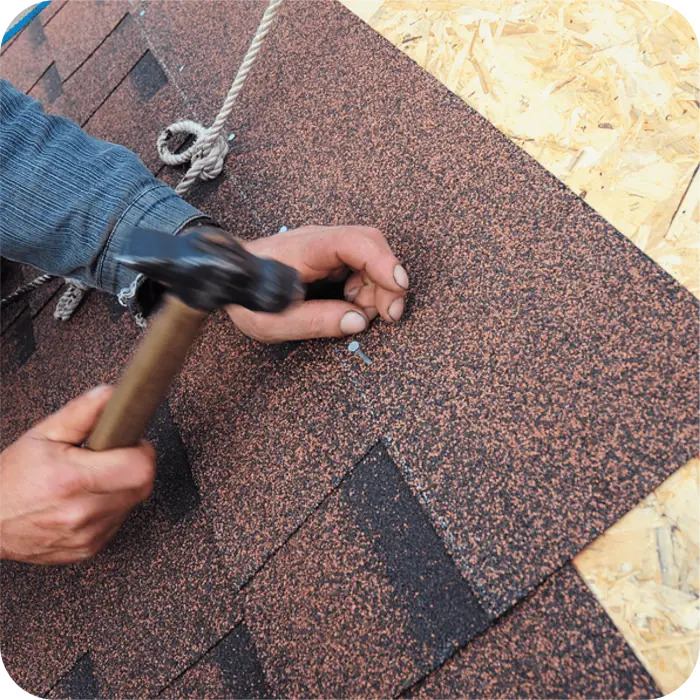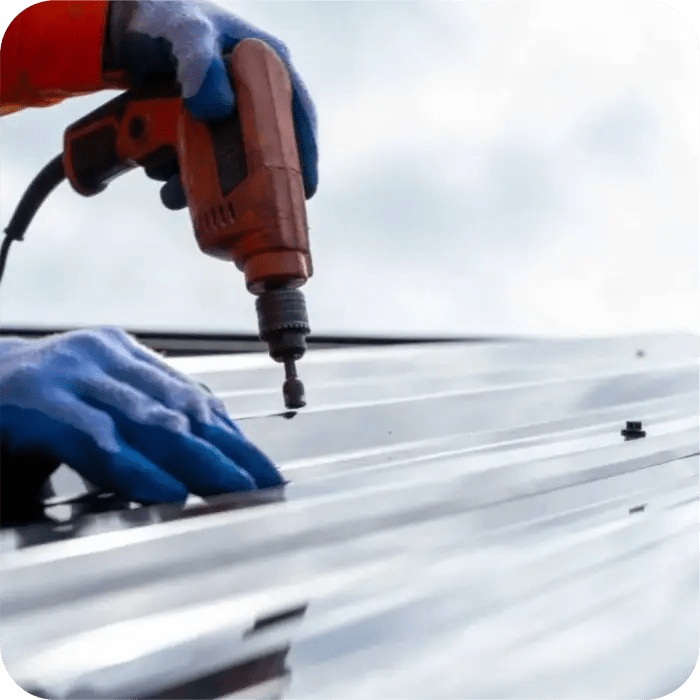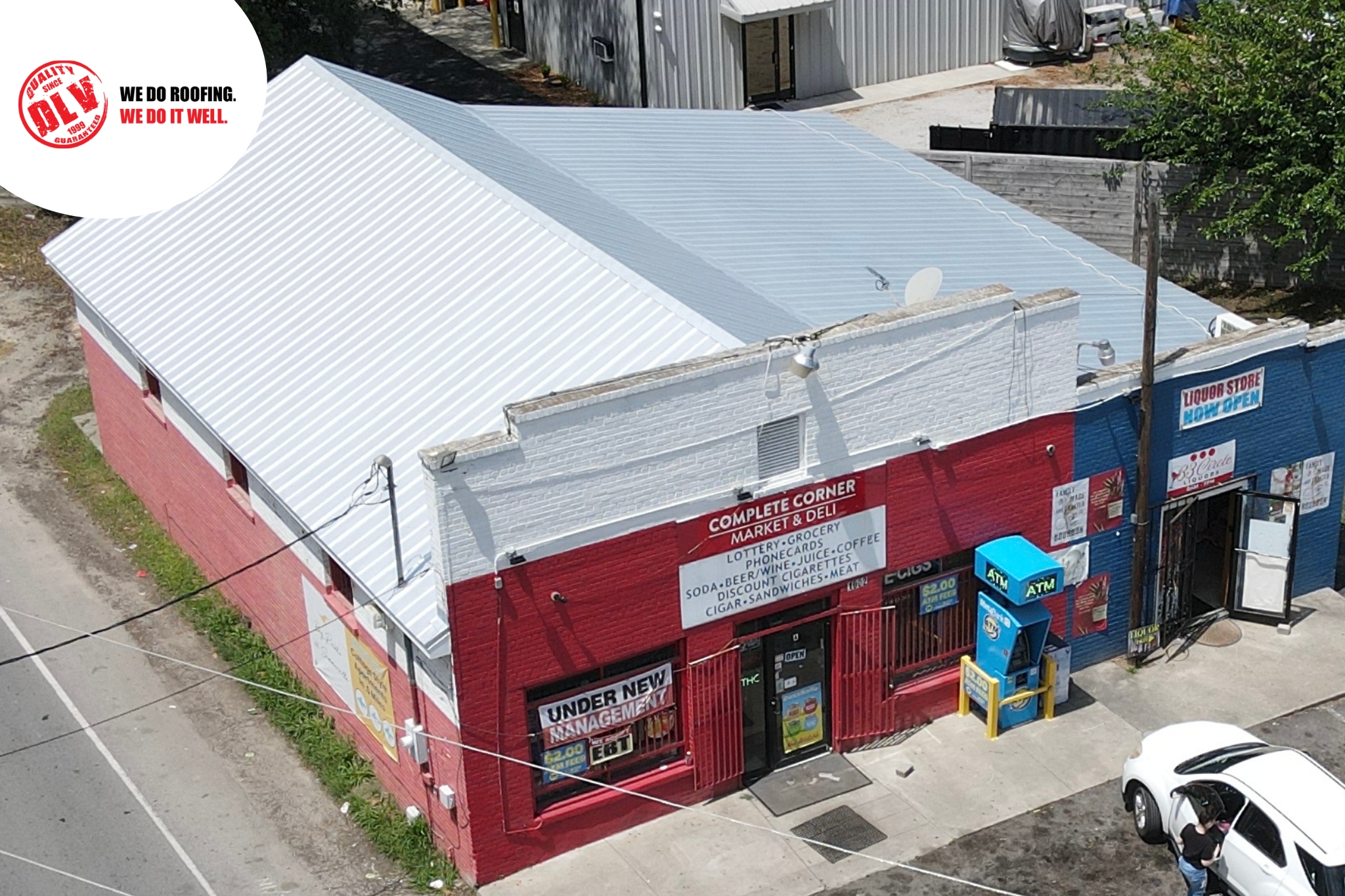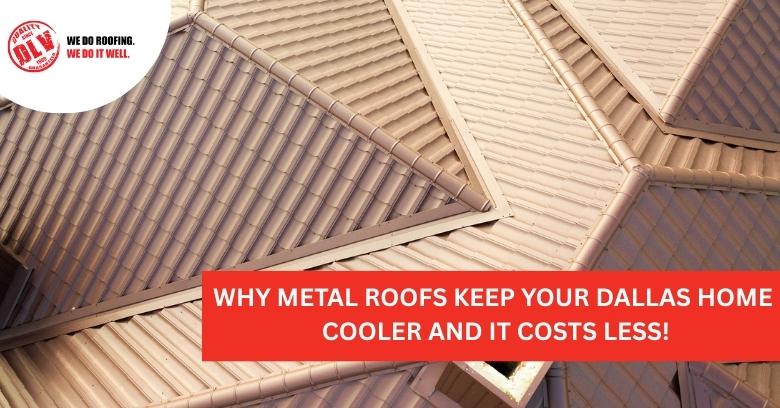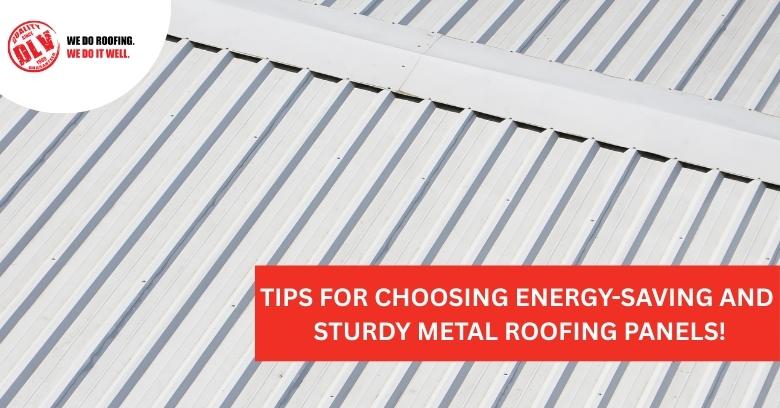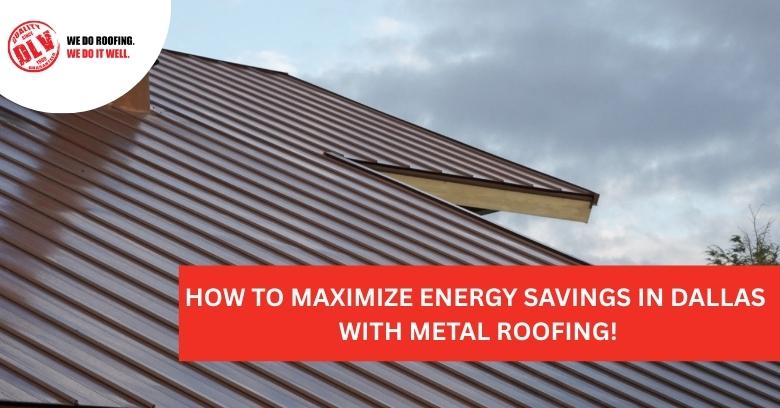Have you been considering a metal roof but fear that it will act like a giant magnet and attract lightning? The answer is NO. Metal roofs are no more likely to attract lightning than any other type of roof.
Do you need lightning rod with metal roof systems? The majority of homeowners do not require them, but we will examine the actual facts so that you can make the correct decision regarding your home. Lightning strikes the tallest object in a place, not what is metallic.
The large oak tree in your neighbor or the cell phone tower in the street is much more likely to be hit than your house. The National Fire Protection Association establishes the regulations on lightning protection and they are clear that the material of your roof does not count when it comes to being struck.
The Real Truth About Metal Roofs and Lightning
The majority of the population believes that metal roofs attract lightning. No, that is not true. Lightning does not discriminate between metal, wood, or candy cane roofs. It just takes the shortest route to the ground, and that is generally the highest point in the vicinity.
Here’s what really decides if lightning hits your house:
- How tall your house is compared to everything else nearby?
- Where you live and how much lightning happens in your area.
- How close you are to tall trees, poles, or other buildings.
- The shape of the land around your home.
Your roof replacement material has nothing to do with it. Scientists have studied this for years, and the facts are clear.
When Do You Actually Need Lightning Rod with Metal Roof Protection?
Lightning rods are not necessary in most houses. However, there are certain occasions when they are sensible. In case your house is on a hill alone or stands above everything around it, you may consider additional protection.
Professional roofing services look at these things:
- Is your house the tallest thing for miles around?
- Do you live in an area that gets lots of thunderstorms?
- Are there any big trees or tall buildings near you?
- What does your insurance company say about lightning protection?
The experts who write safety rules have a test you can take. It helps figure out if your house needs extra protection or if you’re fine without it.
How Metal Roofs Actually Keep You Safer
Something interesting occurs when lightning hits a metal roof. The electricity does not start hot spots that can cause fire, but it spreads everywhere on the roof. It is as though the roof is a large safety blanket that covers your home.
Metal roofs are safer during storms because:
- They can’t catch fire like wood or other materials.
- They spread electricity around instead of letting it build up in one spot.
- They give lightning a safe path to travel to the ground.
- They’ve been tested and rated as the safest roof type for fire protection.
This is way different from asphalt roofing or wood shingles, which can actually catch fire if lightning hits them. Your metal roofing services team knows all about these safety benefits.
What Professional Lightning Protection Looks Like
When you require lightning protection, you cannot simply place a tall pointy rod on your roof and wish it to work. A practical lightning protection system consists of multiple components that interact.
A proper system includes:
- Lightning rods (called air terminals) placed at the highest spots on your roof.
- Special wires that carry electricity safely down to the ground.
- Ground rods buried deep in the dirt around your house.
- Connections to your home’s electrical and plumbing systems.
Everything has to be installed just right and follow strict safety rules. The roof repairs and installation team needs special training to do this work properly.
Smart Ways to Protect Your Home
Do not waste thousands of dollars on lightning protection when you do not need it. It is easier to protect your family and home during storms.
Here are practical protection steps:
- Make sure your metal roof is properly grounded when it’s installed.
- Put surge protectors on your electronics and appliances.
- Have your roof maintenance team check everything regularly.
- Keep trees trimmed away from your house.
- Consider whole-house surge protection for your electrical system.
Most people find these steps give them plenty of protection without the cost of a full lightning system.
Making the Right Choice for Your Family
So, do you need lightning rod with metal roof installations? For most families, the answer is no. Metal roofs already give you better protection than other types. They’re like having a built-in safety system.
The key things to remember:
- Metal roofs don’t attract lightning strikes.
- They actually make lightning strikes safer if they do happen.
- Most homes don’t need extra lightning protection.
- Your location and surroundings matter more than your roof material.
If you’re still worried, talk to roofing services professionals who can look at your specific situation. They can tell you if your house is one of the rare ones that might benefit from extra protection.
DLV Roofing has helped thousands of families make smart choices about metal roofing and home safety. We look at your house, your neighborhood, and your local weather patterns to give you honest advice.
Don’t let old myths about metal roofs scare you away from the best roofing material available. Metal roofs last longer, look better, and keep you safer than any other option. The lightning protection is already built right in.
Get the Facts About Your Home’s Safety
Ready to learn more about how metal roofing can protect your family? We’ll come take a look at your house and give you straight answers about lightning protection. No sales pressure, just the facts you need to make a smart decision.
Contact our team today for a free evaluation. We’ll check your roof inspection needs, look at your location, and help you understand exactly what kind of protection makes sense for your home. Your family’s safety is too important to guess about.








